When it comes to selecting fruits, the citrus family never fails to delight our taste buds with its tangy sweetness. Mandarins and oranges are two popular choices, each offering a unique flavor profile and nutritional benefits. In this article, we will delve into the characteristics of mandarin fruit and orange, comparing them in terms of taste, health benefits, versatility, and availability. This comprehensive analysis will help you make an informed choice the next time you consider adding citrus fruits to your shopping list. Taste: The mandarin fruit, also known as the mandarin orange or tangerine, has a delicate and sweet flavor with a hint of tartness. Its flesh is juicy and fragrant, punctuated by vibrant orange segments easily peeling away from the skin. On the other hand, oranges have a more robust and tangy flavor, balanced with natural sweetness. Their flesh is thick, firm, and bursting with citrusy goodness. Both fruits offer a delightful experience that can satisfy different taste preferences.
Mandarin fruit vs orange
Health Benefits: Citrus fruits are renowned for their high vitamin C content, which plays a crucial role in bolstering the immune system. Mandarins and oranges are no exception. In addition to vitamin C, mandarins are a good source of vitamin A, fiber, and antioxidants that promote healthy skin, improve digestion, and combat free radicals. Oranges, besides being rich in vitamin C, provide significant amounts of folate, potassium, and dietary fiber. Including either of these fruits in your diet can contribute to overall health and well-being.
features of mandarin fruit vs orange
Versatility: Both mandarins and oranges offer versatility in various culinary applications. Mandarins are ideal for snacking on their own, but they can also be juiced for a refreshing beverage or incorporated into salads, desserts, and marinades. Due to their compact size, mandarins are perfect for on-the-go consumption. Oranges excel in juice production, making them a popular choice for breakfast options. Moreover, oranges are frequently used in various recipes such as salads, cakes, sauces, and marinades, due to their tangy citrus flavor that imparts a zesty touch to dishes. Availability: Oranges are generally available year-round, making them a reliable citrus fruit option no matter the season. Mandarins, on the other hand, have a shorter harvest season, typically available from late fall through early spring. However, mandarins’ popularity has led to the development of different varieties, extending their availability throughout the year. With advancements in global transportation and packaging technologies, mandarins can now be consumed in many regions outside their natural growing season.
buy mandarin fruit vs orange
Both mandarin fruit and orange have their distinct characteristics and advantages. Whether you choose mandarins for their sweet and fragrant flavor or prefer oranges for their tangy zestiness, including either fruit in your diet will provide a healthy dose of essential vitamins and antioxidants. Their versatility allows for numerous culinary applications, from snacking to juicing and cooking. While oranges are more readily available year-round, modern sourcing methods have made mandarins accessible throughout the year as well. Ultimately, the choice between mandarin fruit and orange is a matter of personal preference. Whichever citrus fruit you select, you can be assured of a delicious and nutritious addition to your daily fruit intake. So go ahead and enjoy the zestful delights of these citrus gems. Your palate will thank you.
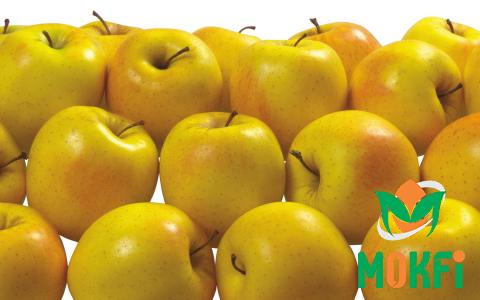
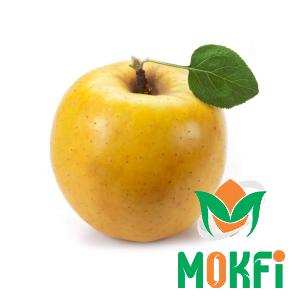
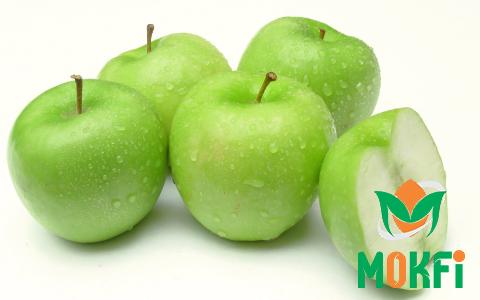
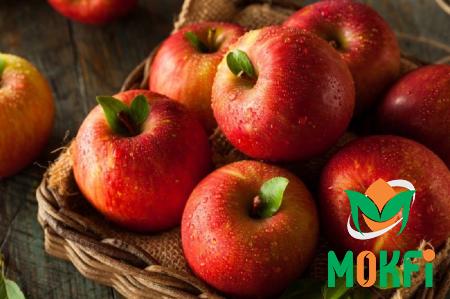
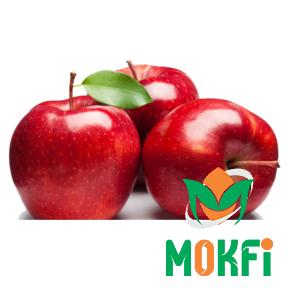
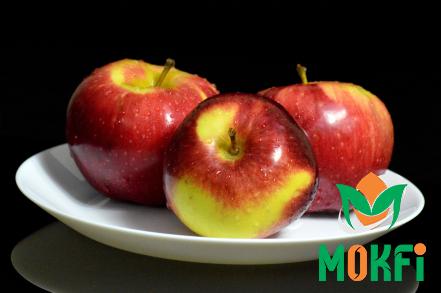
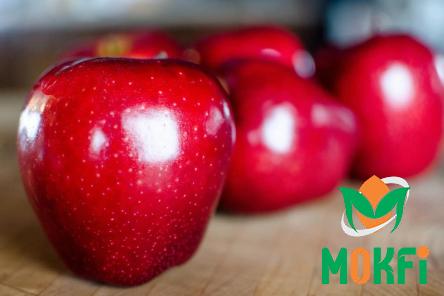
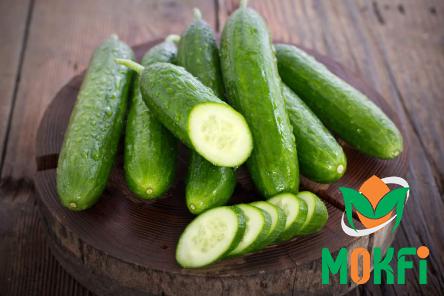
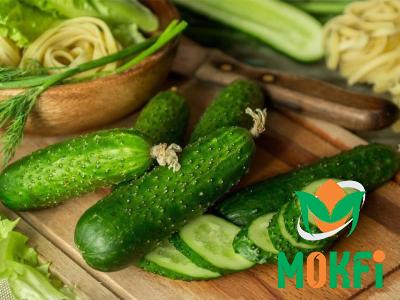
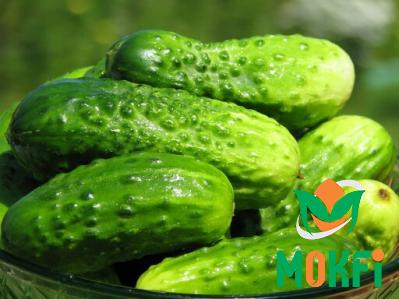
Your comment submitted.